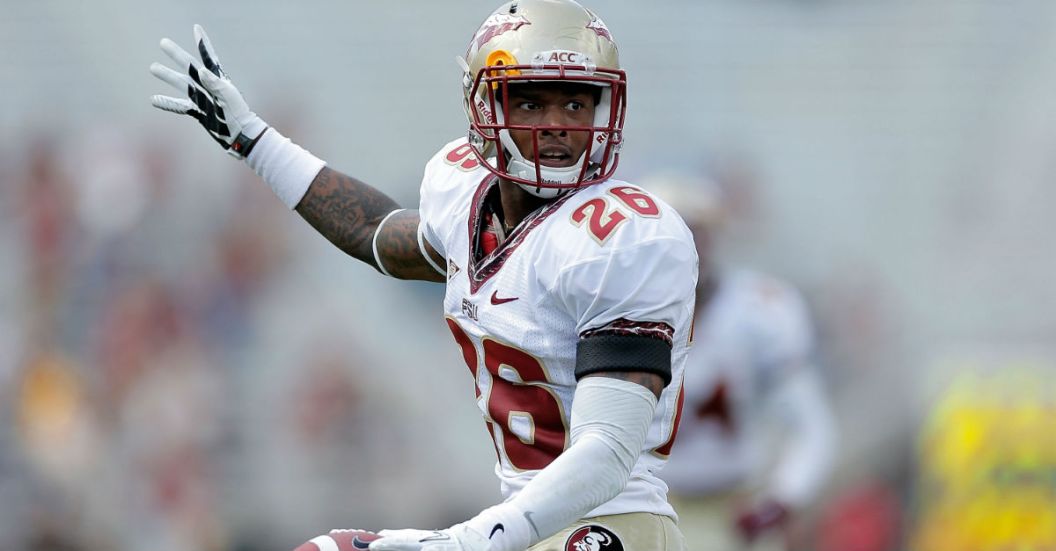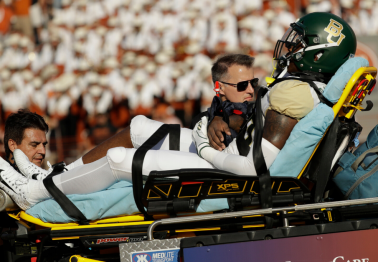UPDATE: Florida State President John Thrasher has responded to the NYT article posted earlier on Friday. According to Tallahassee.com, president Thrasher was disappointed in the article. Here's what he had to say:
"The university administration wants to convey to you its profound disappointment in a New York Times article posted Nov. 14 suggesting a cover up in connection with an Oct. 5 car accident that involved FSU football players," Thrasher said in emailed statement. "The evidence simply does not support the implications in the Times article."
Here's the full letter Thrasher drafted:
Florida State cornerback P.J. Williams and another car — driven by a teenager — collided in the early morning hours of Oct. 5. After the cars crashed, Williams and two other passengers — including FSU CB Ronald Darby — left the scene. Both cars were totaled.
According to the New York Times, Tallahassee police initially classified the accident as a hit-and-run — a criminal offense — but decided that two traffic tickets were a justified punishment for Williams. Afterward, the case didn't show up in the public database for police calls. The police said it was because of a technical glitch.
Williams eventually returned to the scene. According to the Times' documents it obtained, police did not test Williams for alcohol or ask why he fled the scene. The accident took place at 2:37 a.m.
Here's a glaring point made by the Times' reporting:
"In their report of the crash, the Tallahassee officers justified not charging Mr. Williams because he returned "approximately" 20 minutes later without being contacted by the police. That stands in sharp contrast to how the police treated another driver who left the scene and drove home after a minor, low-speed accident in the same area late last month. That driver and his mother contacted the police about a half-hour later to report the accident. At 5 miles per hour, the collision inflicted far less damage than that caused by Mr. Williams's car — and no injuries. Even so, the police charged the driver, who was not a Florida State football player, with hit-and-run."
The teen who was driving the other car, Ian Keith, was heading home from a work shift when Williams' Buick made a quick left turn — darting in front of Keith's car. Keith hit the brakes, but it was too late. The cars collided — sending debris everywhere.
Williams was also driving with a suspended license, however, he was only ticketed for an improper left turn and "unknowingly" driving with a suspended license.
This is another case that shows how Florida State football players are given preferential treatment for crimes by the Tallahassee police department. If this case turns out to be exactly what the Times reported as fact, then something needs to be done. This needs to stop happening.
The New York Times' complete article can be read here.


